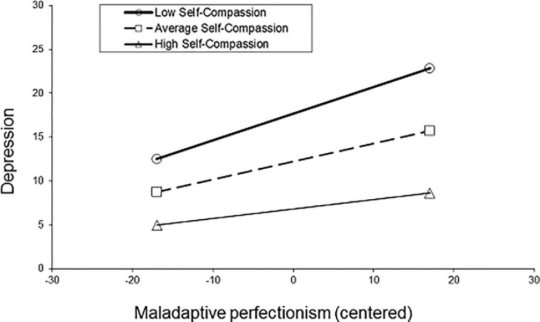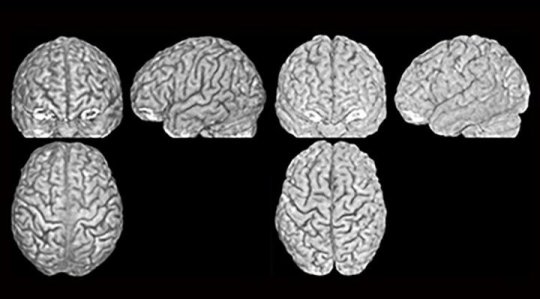
Summary:Relating to oneself in a healthy way can help weaken the association between perfectionism and depression.
Relating to oneself in a healthy way can help weaken the association between perfectionism and depression, according to a study published February 21, 2018 in the open-access journal PLOS ONE by Madeleine Ferrari from Australian Catholic University, and colleagues.
Perfectionistic people often push themselves harder than others to succeed, but can also fall into the trap of being self-critical and overly concerned about making mistakes. When the perfectionist fails, they often experience depression and burnout. In this study, Ferrari and colleagues considered whether self-compassion, a kind way of relating to oneself, might help temper the link between perfectionist tendencies and depression.
The researchers administered anonymous questionnaires to assess perfectionism, depression, and self-compassion across 541 adolescents and 515 adults. Their analyses of these self-assessments revealed that self-compassion may help uncouple perfectionism and depression.
The replication of this finding in two groups of differently-aged people suggests that self-compassion may help moderate the link between perfectionism and depression across the lifespan. The authors suggest that self-compassion interventions could be a useful way to undermine the effects of perfectionism, but future experimental or intervention research is needed to fully assess this possibility.
“Self-compassion, the practice of self-kindness, consistently reduces the strength of the relationship between maladaptive perfectionism and depression for both adolescents and adults,” says lead author Madeleine Ferrari.
More:Science Daily








Leave a Reply
You must be logged in to post a comment.